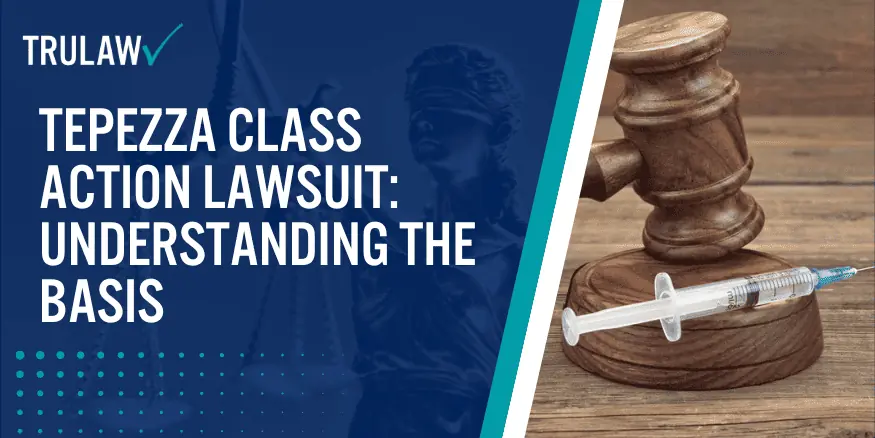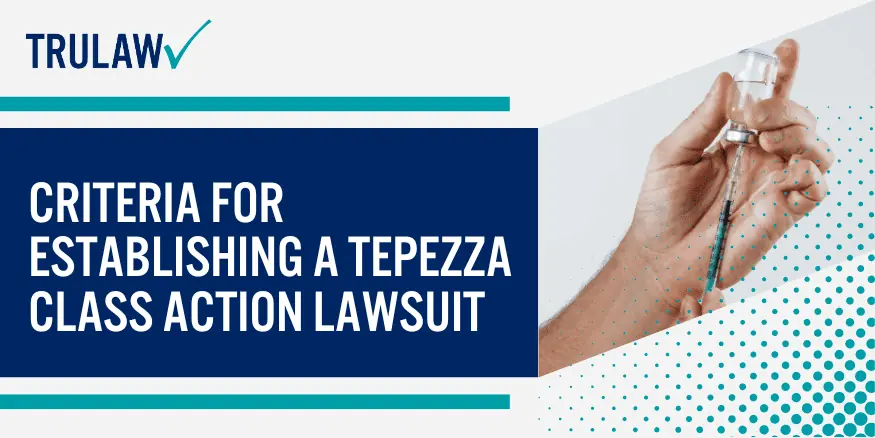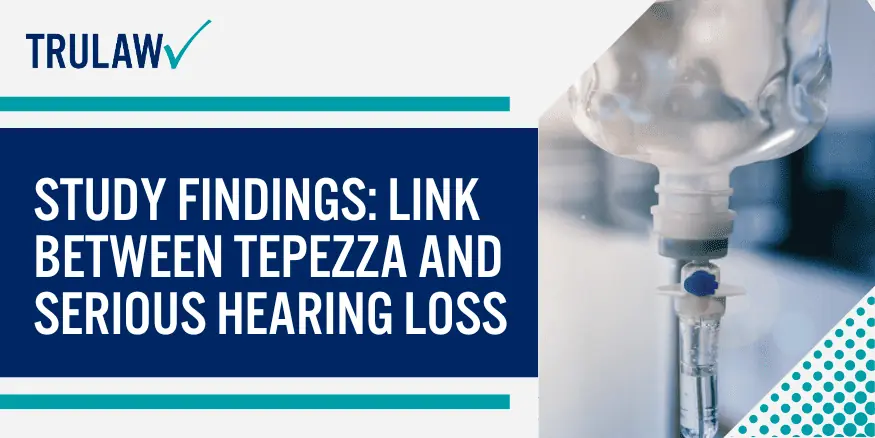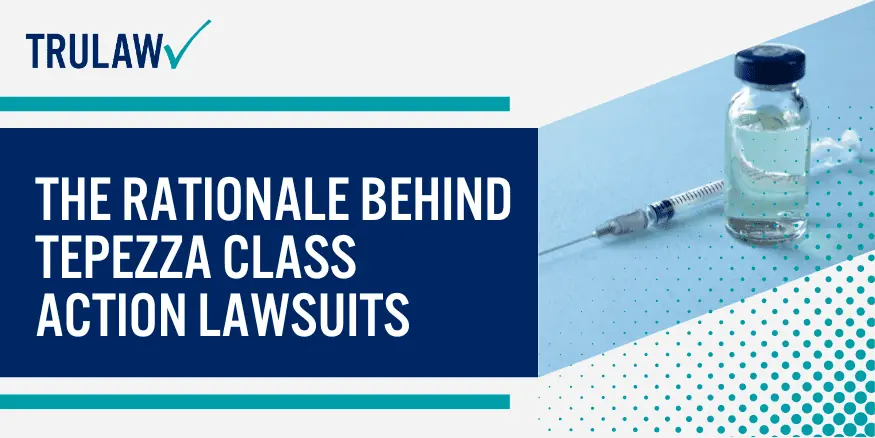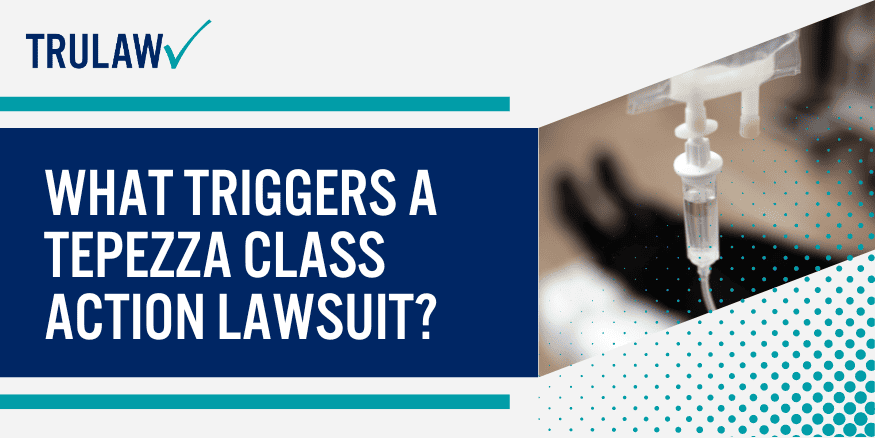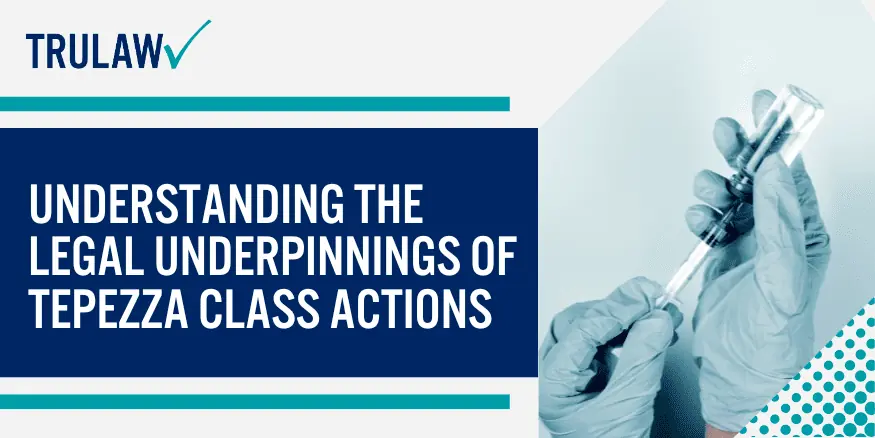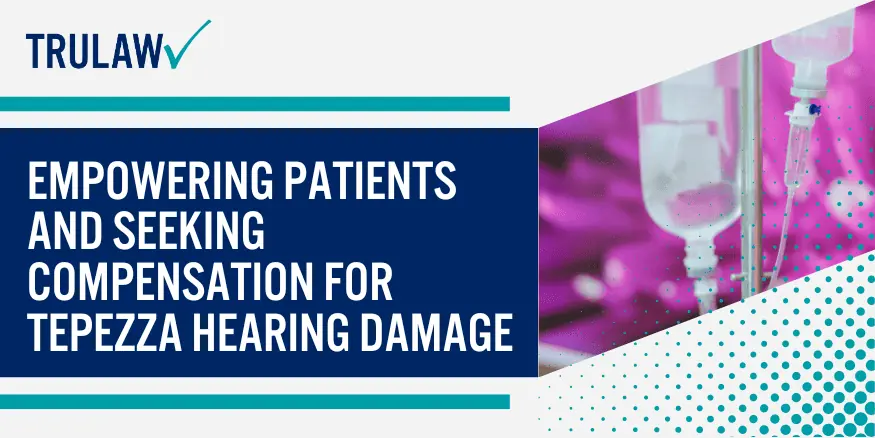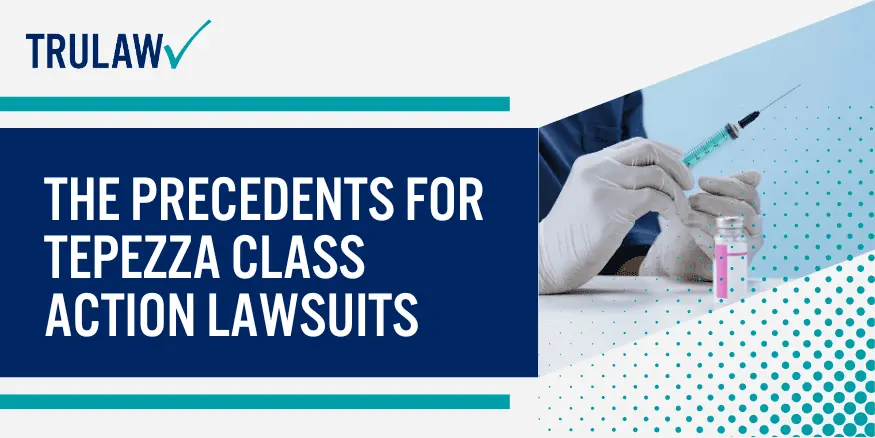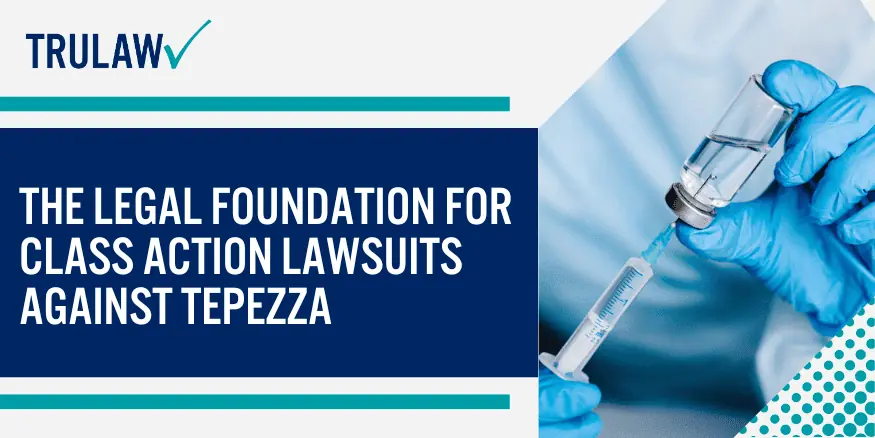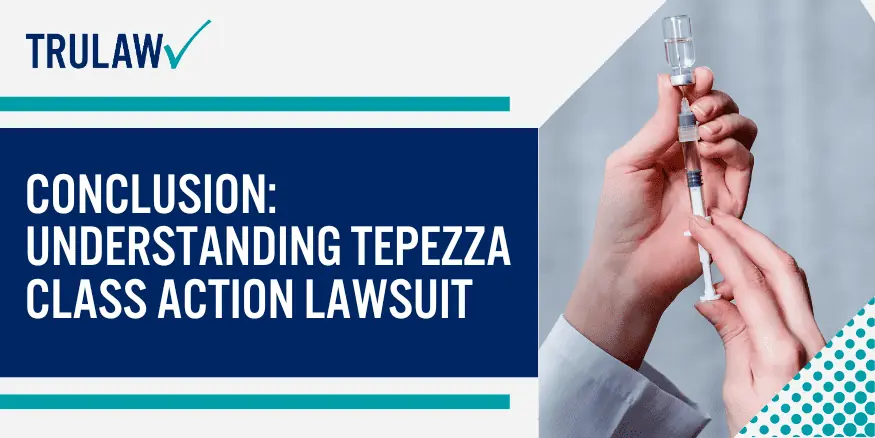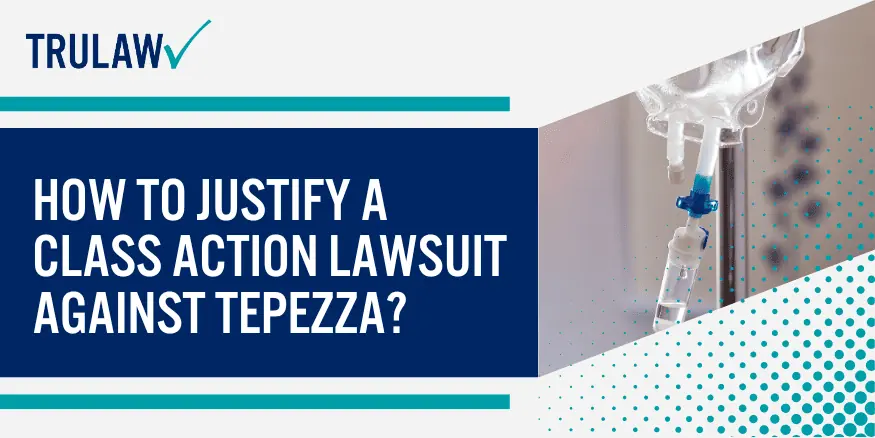
In order to validate a class action lawsuit against Tepezza, it’s essential to study and demonstrate that a significant number of individuals have been affected by similar problems resulting from the drug.
The plaintiffs are required to provide sufficient evidence that establishes a direct connection between their injuries or damages and the use of Tepezza during clinical trials.
The potential financial strain on individual plaintiffs may also be taken into account when validating a class action lawsuit, particularly in multidistrict litigation (MDL) cases.
The Importance of Collecting Testimonies and Medical Records in Tepezza Lawsuits
The significance of conducting a study and acquiring testimonies along with medical records in MDL lawsuits related to Tepezza is paramount.
Evidence that a substantial number of individuals in the district have encountered hearing damage or similar problems due to the drug is a critical component in establishing the validity of a class action lawsuit.
This can be accomplished by collecting statements and medical documents from patients who have experienced adverse reactions after using Tepezza.
When these collective grievances are presented in the new class action MDL, it becomes clear that there is a consistent pattern of harm associated with Horizon’s medication, Tepezza infusions.
This is essential for multidistrict litigation involving lawsuits, trials, and cases related to hearing damage.
Establishing a Link: Demonstrating Tepezza’s Role in Harm
In the context of district class action lawsuits concerning hearing problems as side effects of Tepezza, it is imperative for the complainants to prove a direct correlation between their injuries or damages and the utilization of this drug.
Providing substantial evidence to show that Tepezza was indeed the cause of harm is crucial.
This evidence can comprise medical records, professional opinions, and research studies that illustrate how Tepezza has resulted in specific health issues or negative responses in patients, such as hearing damage.
The Food and Drug Administration (FDA) holds a significant role in assessing the safety of Tepezza, identifying any potential hazards linked to its use, and monitoring for new developments.
Strength in Numbers: Financial Benefits of a Tepezza Class Action Lawsuit
The financial advantages of a class action lawsuit against Tepezza are evident when considering the potential financial strain on individual plaintiffs in hearing loss lawsuits.
The expenses related to medical treatments, continuous care, and other associated costs can be substantial for a single individual seeking legal remedy.
A class action lawsuit allows plaintiffs with hearing damage to distribute these financial burdens and enhances their likelihood of obtaining just compensation for their losses, settlement, and mitigating the associated risks.
In making a case for a class action lawsuit against Tepezza, it is crucial to underline any regulatory concerns or alerts issued by pertinent authorities concerning the drug’s safety or effectiveness.
If there are signs that pharmaceutical corporations did not sufficiently alert consumers about potential hazards linked with Tepezza use, such as hearing damage, this bolsters the argument for a class action lawsuit.
As we look towards the case, the need for transparency and accountability in drug safety becomes even more apparent.
This indicates that the defendants may have failed in their obligation to provide precise information about the Tepezza medication, potentially exposing patients to the risk of hearing damage and other related side effects.
This has set a class action MDL, with patients possibly facing disease and loss lawsuits.
